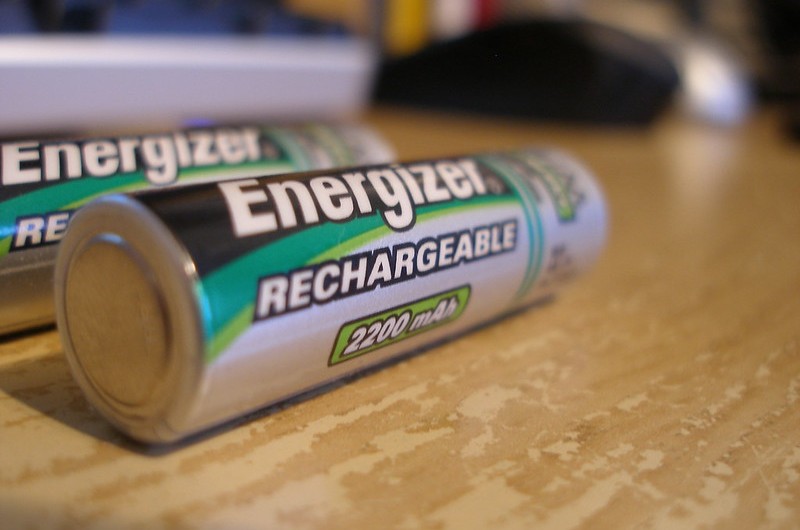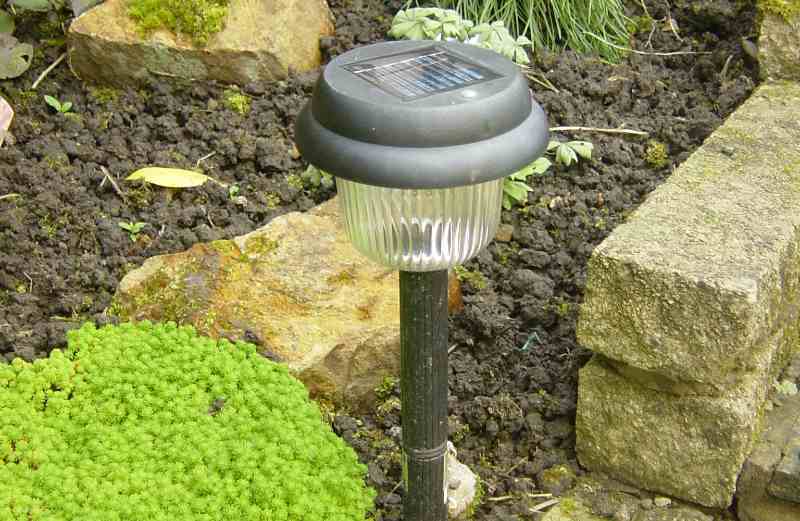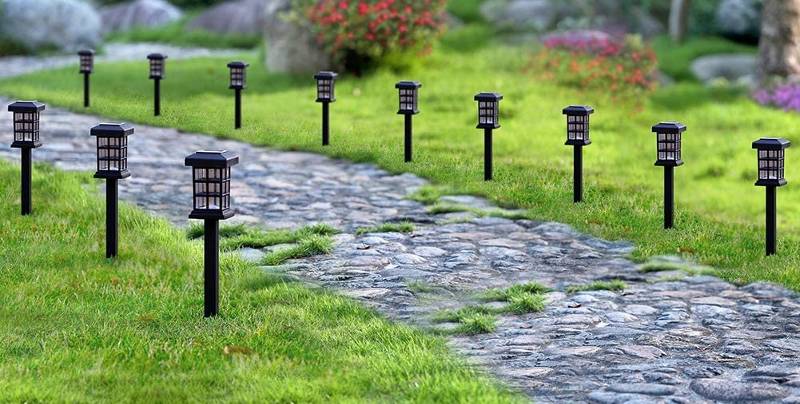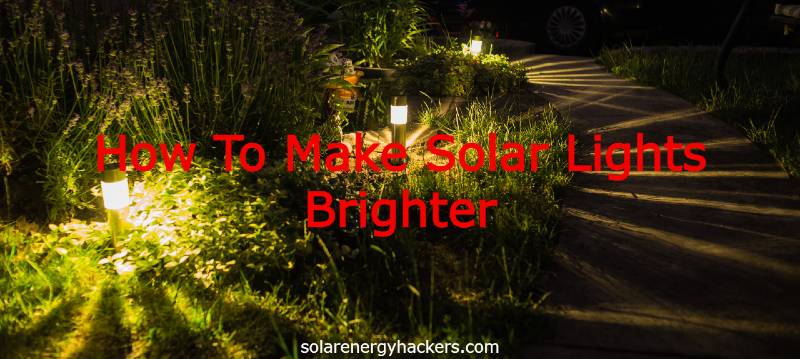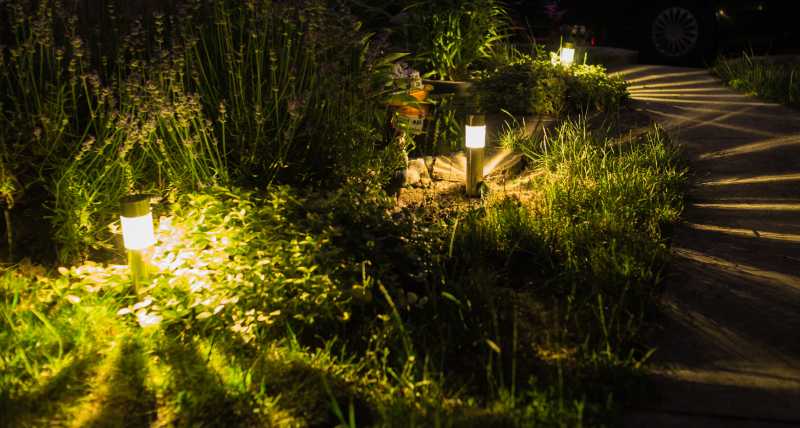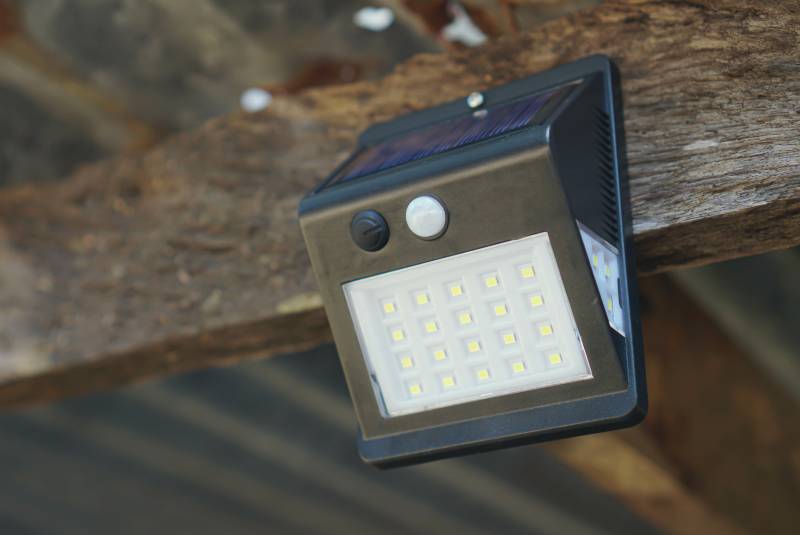The short answer is yes, solar lights can attract bugs, just like any other type of light. However, the attraction level can vary depending on factors such as the light’s color temperature, positioning, and intensity.
Solar lights may even be less attractive to bugs compared to traditional lights due to their unique characteristics, which we’ll discuss later in this article.
What Attracts Bugs to Lights?
Understanding why bugs are attracted to lights can help us better determine how to minimize their attraction to solar lights. The two main factors that attract bugs to lights are:
- Phototaxis: Many insects exhibit phototaxis, which is their instinctive attraction to light. They navigate at night using natural light sources like the moon and stars. Artificial lights, however, can confuse and attract them.
- Types of Light: Different types of lights emit different wavelengths, which can affect bug attraction. For example, ultraviolet (UV) light is highly attractive to many insects, while warmer-colored lights with longer wavelengths tend to be less attractive.
How Solar Lights Differ from Traditional Lights
Solar lights differ from traditional lights in two main aspects:
- Light Spectrum: Solar lights often emit a different light spectrum than traditional incandescent or fluorescent lights. They generally produce less UV light, which is highly attractive to bugs. This means that solar lights can be less attractive to insects compared to other types of lights.
- Heat Production: Solar lights produce less heat than traditional lights, which can also make them less attractive to insects. Many bugs are drawn to heat sources, and since solar lights generate less heat, they may be less appealing to bugs.
Factors Affecting Bug Attraction to Solar Lights
Several factors can influence how attractive solar lights are to bugs:
- Color Temperature: Warmer-colored lights, such as yellow or orange, are less attractive to bugs than cooler-colored lights like white or blue.
- Light Positioning: The positioning of your solar lights can also affect bug attraction. Lights closer to the ground may attract fewer bugs than those placed higher up.
- Light Intensity: The intensity of your solar lights can impact bug attraction as well. Dimmer lights are generally less attractive to insects than brighter ones.
Tips for Reducing Bug Attraction to Solar Lights
To minimize the attraction of bugs to your solar lights, consider implementing the following tips:
- Choose Warmer Colored Lights: Opt for solar lights with warmer colors like yellow, orange, or red, as they tend to be less attractive to bugs compared to cooler-colored lights.
- Use Motion Sensors: Solar lights with motion sensors only turn on when there is movement detected, reducing the amount of time they are illuminated and, consequently, their attractiveness to insects.
- Keep Lights Low to the Ground: Position your solar lights closer to the ground to reduce their visibility to flying insects, decreasing the likelihood of attracting them.
- Use Bug-Repelling Plants: Incorporate bug-repelling plants like lavender, lemongrass, or basil near your solar lights to naturally deter insects.
Related Article: How Do Solar Powered Lights Work
FAQs
Do all solar lights attract bugs equally?
No, the level of bug attraction varies based on factors such as color temperature, light positioning, and intensity. Warmer-colored lights, lower positioning, and dimmer lights generally attract fewer bugs.
Are solar lights better for the environment than traditional lights?
Yes, solar lights are more eco-friendly because they are powered by the sun, reducing energy consumption and carbon emissions. They also tend to produce less light pollution than traditional lights.
Can solar lights be used with bug zappers?
Yes, solar-powered bug zappers are available, combining the benefits of solar lighting with bug control. However, be cautious when using bug zappers, as they may also harm beneficial insects.
Do solar lights produce UV light?
Solar lights typically produce less UV light than traditional lights, making them less attractive to insects.
Can I switch the color of my solar lights to make them less attractive to bugs?
Some solar lights come with adjustable color settings. If available, you can switch to warmer colors like yellow or orange to reduce bug attraction.
Conclusion
In conclusion, solar lights, like any other light source, can attract bugs. However, they may be less attractive to insects due to their unique characteristics, such as their light spectrum and heat production.
By implementing strategies like choosing warmer-colored lights, using motion sensors, and positioning lights closer to the ground, you can reduce the attraction of bugs to your solar lights.
Ultimately, solar lights provide numerous environmental benefits, making them an excellent choice for eco-friendly outdoor lighting solutions.

